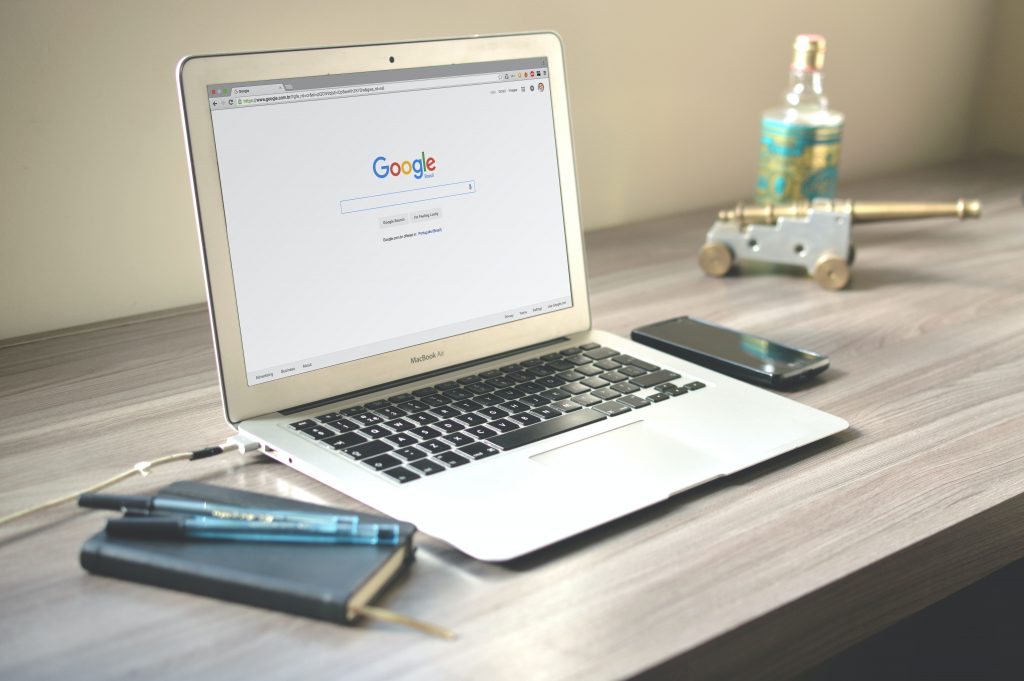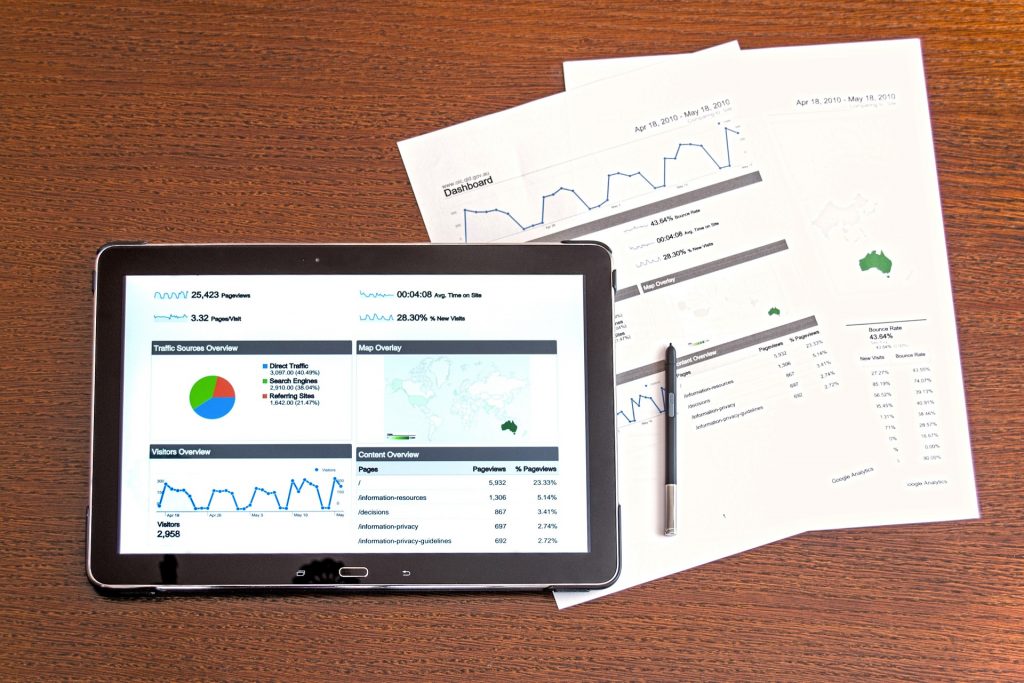Maximise Your Reach and Sales with Effective PPC Advertising
As the digital world continues to evolve, businesses are exploring new ways to reach their target audience and increase sales. Pay-per-click (PPC) advertising is one of the most effective methods of digital marketing, offering businesses a cost-effective way to promote their products and services to potential customers. In this article, we will explore how to maximise your reach and sales with effective PPC advertising.

What is PPC Advertising?
PPC advertising is a digital marketing strategy that allows businesses to display their ads to potential customers who search for relevant keywords or phrases. The advertiser pays the publisher each time a user clicks on their ad. The most common platforms for PPC advertising are Google Ads and Bing Ads, which display sponsored ads at the top of the search engine results page (SERP).
PPC advertising is a cost-effective way to promote your products and services, as you only pay when someone clicks on your ad. It also offers businesses the ability to target their audience based on demographics, location, interests, and behaviour, ensuring that your ads are displayed to the right people at the right time.
How to Create an Effective PPC Campaign
Creating an effective PPC campaign is crucial to maximising your reach and sales. Here are some tips to help you create an effective PPC campaign:
-
Define Your Goals: Before creating a PPC campaign, you need to define your goals. Do you want to increase website traffic, generate leads, or boost sales? Once you have defined your goals, you can create a campaign that aligns with your objectives.
-
Conduct Keyword Research: Keyword research is crucial to PPC advertising success. You need to identify the keywords that your potential customers are searching for and create ads that target those keywords.
-
Create Compelling Ad Copy: The ad copy is the first thing potential customers will see, so it needs to be compelling and relevant. Highlight the benefits of your products or services and use a clear call-to-action to encourage users to click on your ad.
-
Use Relevant Landing Pages: When a user clicks on your ad, they should be directed to a landing page that is relevant to the ad copy. The landing page should be easy to navigate and provide users with the information they need to make a purchasing decision.
-
Monitor and Adjust: PPC campaigns require constant monitoring and adjustment to ensure that they are performing optimally. Use data and analytics to identify areas for improvement and make adjustments to your campaign as needed.
The Benefits of PPC Advertising
PPC advertising offers businesses numerous benefits, including:
-
Increased Brand Awareness: PPC advertising allows businesses to increase their brand awareness by reaching a larger audience.
-
Targeted Advertising: PPC advertising enables businesses to target their audience based on demographics, location, interests, and behaviour, ensuring that their ads are displayed to the right people at the right time.
-
Cost-Effective: PPC advertising is a cost-effective way to promote your products and services, as you only pay when someone clicks on your ad.
-
Measurable Results: PPC advertising provides businesses with measurable results, allowing them to track their return on investment (ROI) and adjust their campaign as needed.
-
Quick Results: Unlike other digital marketing strategies, PPC advertising provides quick results, allowing businesses to see an immediate impact on their sales and website traffic.

FAQs:
Q: How long does it take for a PPC campaign to start working?
A: It typically takes 2-3 days for a PPC campaign to start working, as the platform needs time to review and approve your ad.
Q: How much should I spend on a PPC campaign?
A: The amount you should spend on a PPC campaign depends on your budget and goals. You can set a daily budget for your campaign and adjust it as needed.
Q: Can I target specific locations with PPC?
A: Yes, you can target specific locations with PPC advertising. This allows businesses to reach customers in a particular geographic area, such as a city or region. This is particularly useful for local businesses that want to target customers in their area.
Q: How can I measure the success of my PPC campaign?
A: PPC campaigns provide businesses with measurable results, allowing them to track their return on investment (ROI) and adjust their campaign as needed. You can use metrics such as click-through rate, conversion rate, and cost-per-click to measure the success of your campaign.
Q: What is the difference between PPC and SEO?
A: PPC and SEO are both digital marketing strategies, but they differ in how they generate traffic. PPC advertising generates traffic through paid ads, while SEO generates traffic through organic search results. PPC advertising provides businesses with quick results, while SEO can take longer to see results.
Conclusion
PPC advertising is a cost-effective and targeted way to reach potential customers and boost sales. By following the tips outlined in this article, you can create an effective PPC campaign that maximises your reach and generates a positive return on investment. Remember to define your goals, conduct keyword research, create compelling ad copy, use relevant landing pages, and monitor and adjust your campaign as needed. With these strategies in place, you can increase brand awareness, generate leads, and boost sales with effective PPC advertising.
For support with your PPC, try our PPC Freelancer service.








